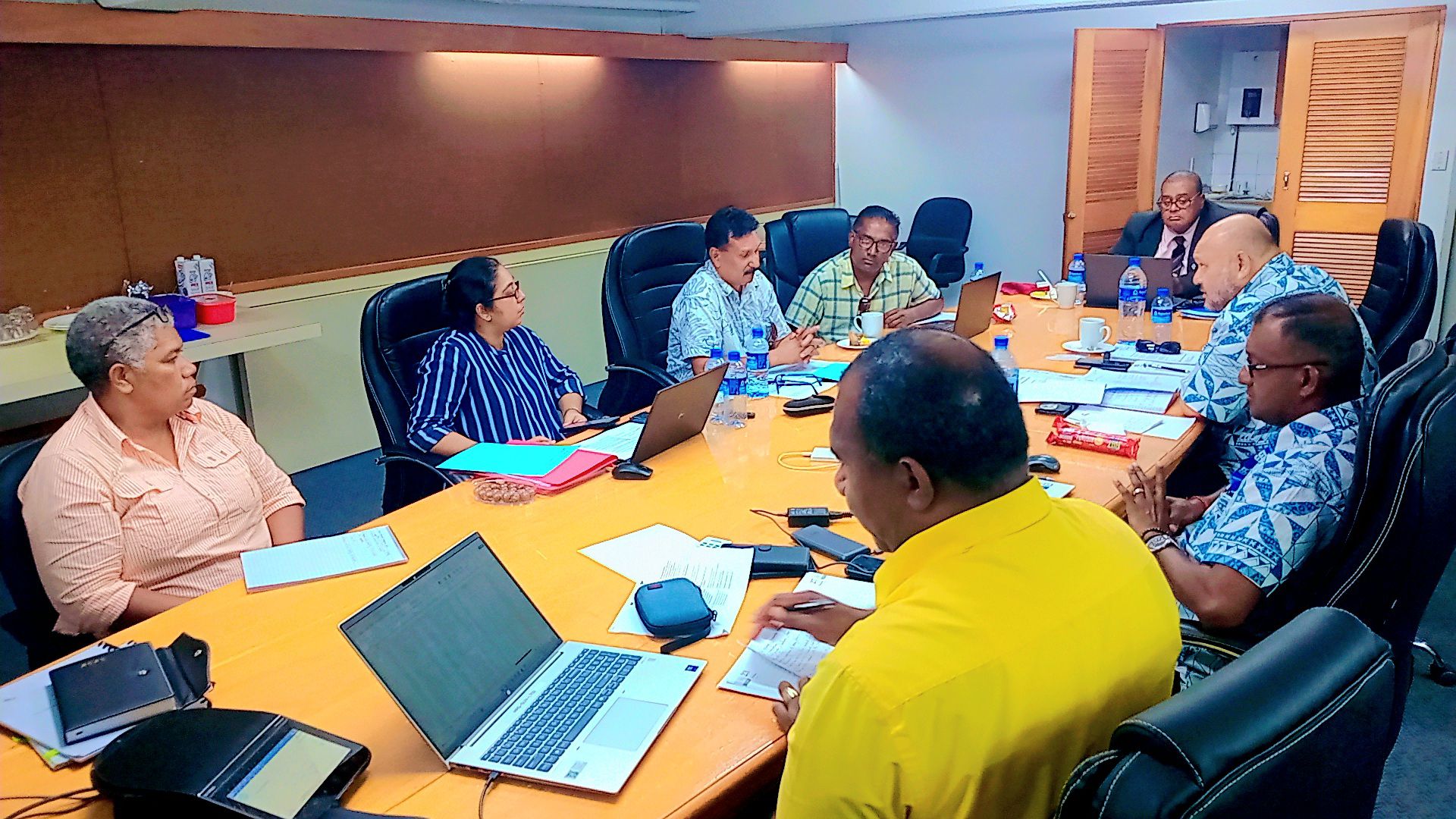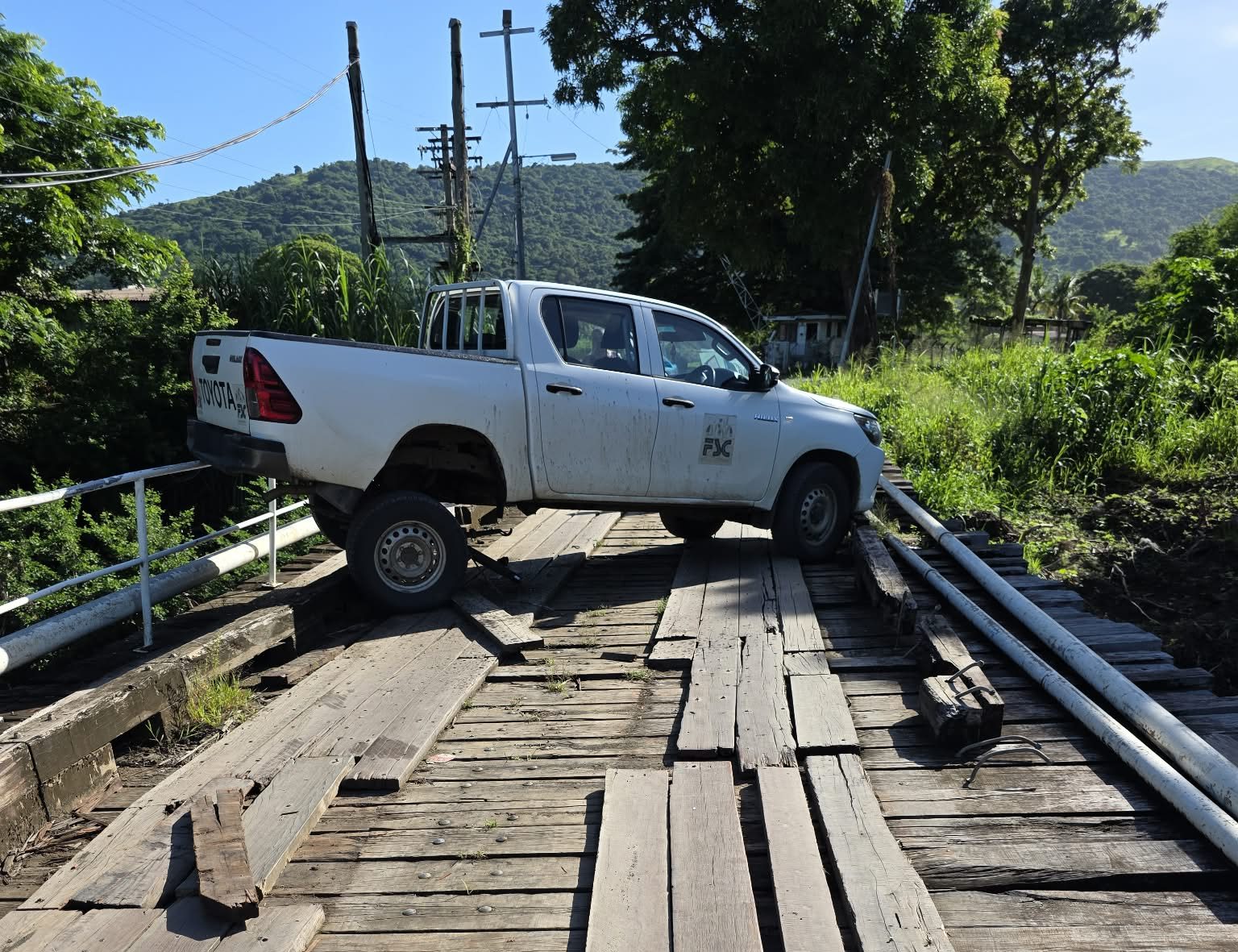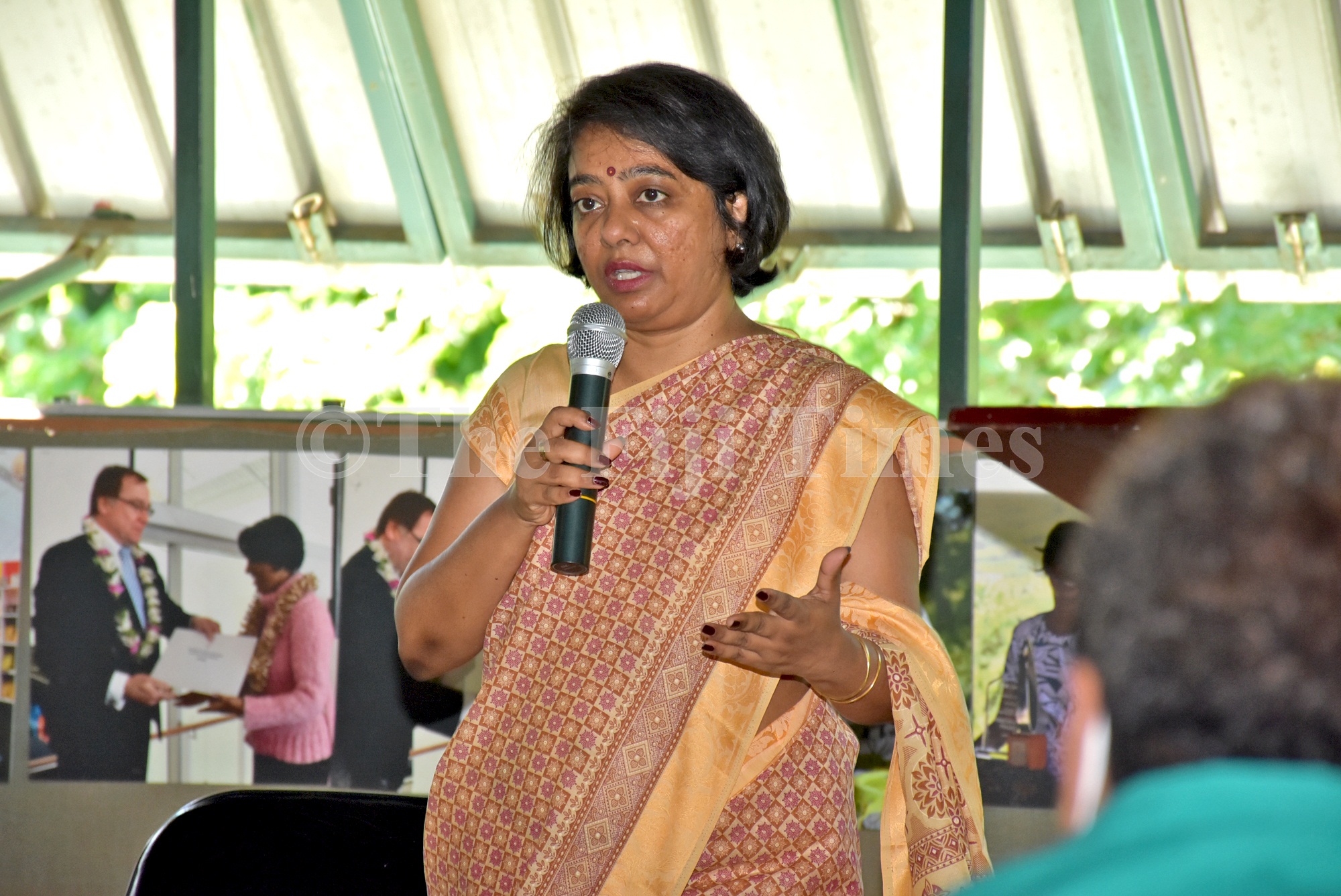A facility upgrade to improve the export of fresh produce from Fiji will be implemented following the signing of a new partnership agreement between the Pacific Horticultural and Agricultural Market Access Plus (PHAMA Plus) Program and Nadi-based quarantine treatment service provider Nature’s Way Cooperative Fiji (NWC).
Announced this week by visiting New Zealand Prime Minister Christopher Luxon, the partnership will focus on upgrading the software, hardware and operational processes at Nature’s Way Cooperative’s High Temperature Forced Air (HTFA) facility in Nadi.
HTFA is a heat treatment process used to prepare fresh produce that is susceptible to fruit fly infestation for export to countries that are either fruit fly free or have restrictions on the importation of fruit fly susceptible fresh produce.
To manage biosecurity risks, produce including papaya, eggplant, mango, and breadfruit must be treated at Nature’s Way Cooperative’s HTFA facility before being exported to Australia, New Zealand and other markets.
“Given that only six per cent by volume and eight per cent by value of all papaya, mango, breadfruit and eggplant grown in Fiji is currently treated at NWC, there is significant scope to absorb more supply and provide more effective services to exporters, which could increase trade and improve returns for our local growers,” NWC general manager Donald Pickering said.
The PHAMA Plus Program is an initiative supported by Australia and New Zealand.
PHAMA Plus country manager in Fiji Navitalai Tuivuniwai said the partnership is a culmination of a long-standing collaboration between PHAMA Plus and Nature’s Way Cooperative with the support of Australia, New Zealand and other collaborating partners.
“There is tremendous potential to boost national income, economic growth and rural livelihoods once the upgraded HTFA facility is completed,” he said.
The partnership activities were developed by PHAMA Plus and NWC together with Biosecurity Authority of Fiji, Ministry of Agriculture and Waterways, and the New Zealand Ministry for Primary Industries based on the findings of a review conducted by Plant and Food Research New Zealand in 2019 and follow-up consultations in late 2023.
On-going coordination for the upgrades will be assisted by an engagement group established between these parties as well as representatives of exporters and the Australian Department of Agriculture, Fisheries and Forestry.






